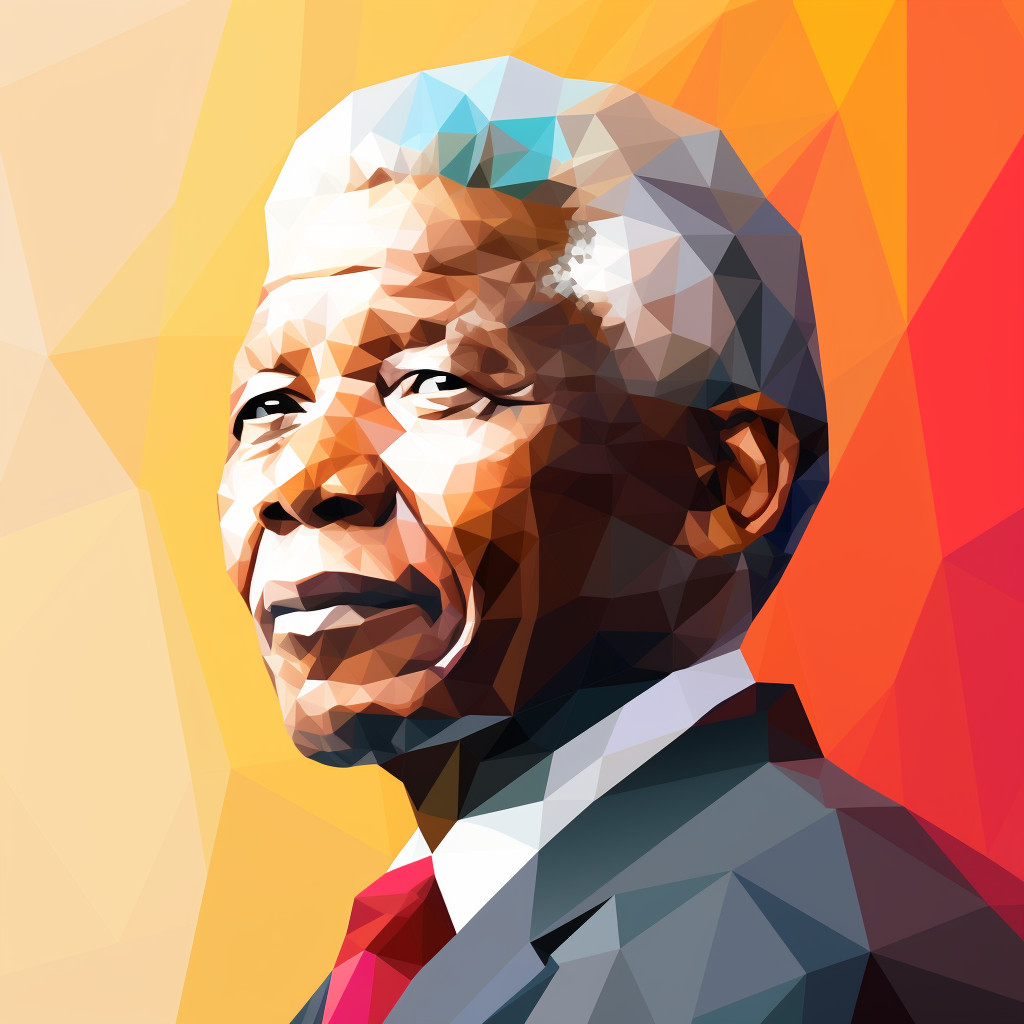This quote emphasizes the transformative power of sports to uplift individuals and communities from the depths of despair and instill a sense of hope. Sports, in this context, is more than just a game or recreational activity. It’s a metaphorical vehicle for change, capable of inspiring, uniting, and healing.
The quote suggests that sports can be a beacon of hope in circumstances of despair. It has the capacity to foster a sense of purpose, direction, and optimism where there was previously none. This can be particularly pertinent in situations of socio-economic adversity, conflict, or personal hardship.
Moreover, sports can transcend cultural, racial, and socio-economic barriers, uniting people under a common goal and fostering a sense of community and belonging. It can provide an escape from harsh realities, a platform for personal growth, and a pathway to better opportunities.
In the context of personal development, engaging in sports can cultivate resilience, discipline, teamwork, and leadership skills. It can also boost self-esteem, mental health, and overall well-being. These are vital components of personal development that can help individuals overcome challenges, aspire for better, and remain hopeful despite adversities.
In today’s world, this idea is especially relevant. Amid global challenges such as the COVID-19 pandemic, political unrest, and social inequality, sports can serve as a unifying force that brings people together and instills hope. It can provide a much-needed respite, a sense of normalcy, and a platform for positive change. For instance, athletes can use their influence to advocate for social justice, promote inclusivity, and inspire younger generations.
Furthermore, sports can be a powerful tool for social development and community building. It can help uplift marginalized communities, provide opportunities for youth, and promote social cohesion. Through sports, we can foster a more inclusive, equitable, and hopeful society.







